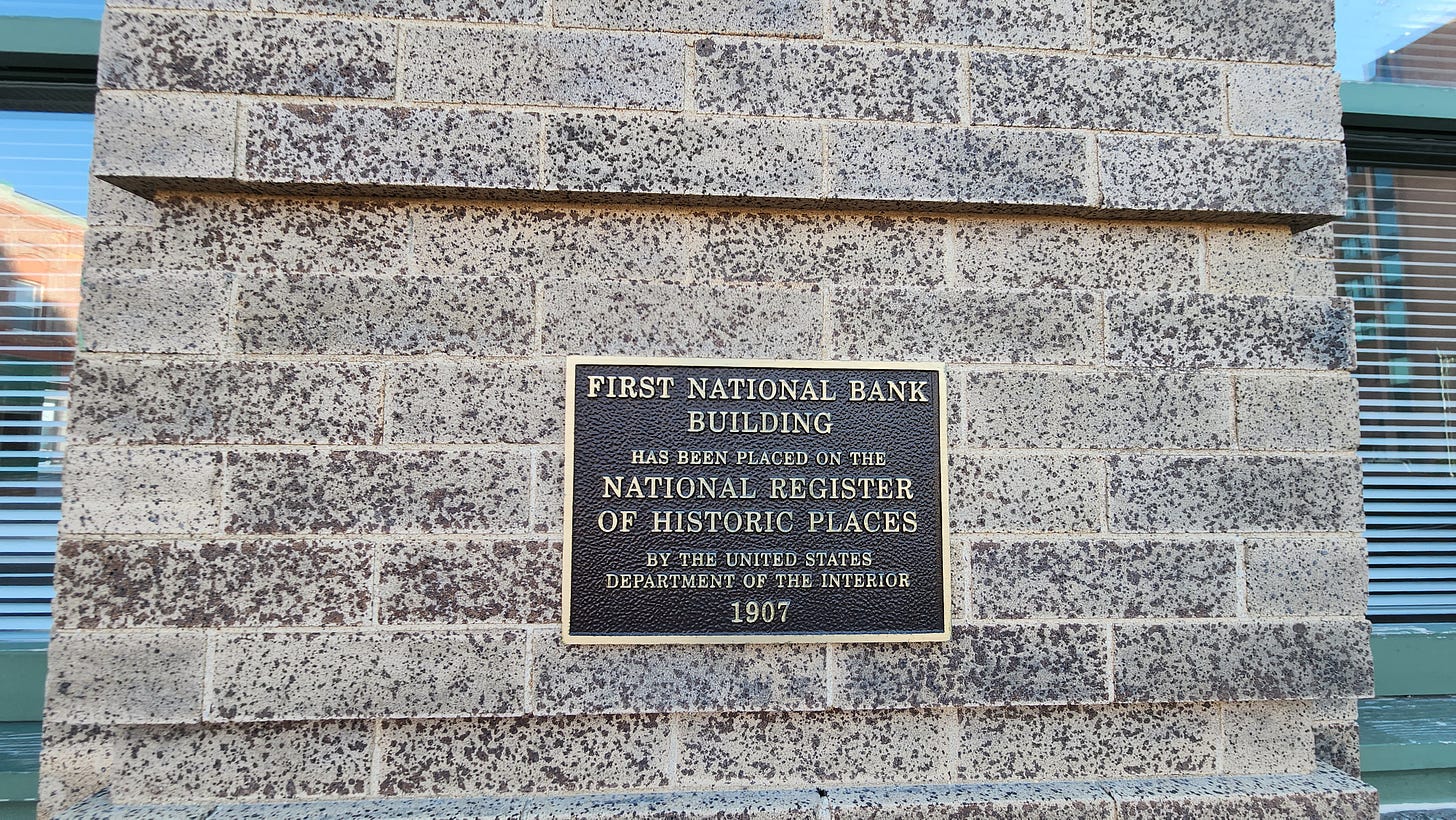Liberate the language of money
On teaching old dogs new tricks, children's bedtime stories, and the power of making money seem easy to understand
Within a free-market economy, one tier of secular sainthood is reserved for those who liberate the language of money away from the financial and economic priesthood. Money itself isn't divine, but what it measures and the activity it facilitates makes all the difference between living in a modern, safe, and productive world -- or living in caves, feeling hungry, cold, and sick.
■ The problem we often face is that discussions of money -- even when it's a central point of public policy and decision-making -- are cloaked in the two things almost guaranteed to make ordinary people allergic: Jargon and math.
■ It doesn't really have to be this way; economic activity is as natural to any of us as rewarding a dog with a treat for performing a trick (a simple illustration of incentives) or watering a seedling and watching it grow (a fair metaphor for compounding interest). Most of what really matters could be conveyed to children in the form of bedtime stories -- and it probably should.
■ Waiting for adulthood doesn't help. People don't like learning anything that feels like a chore, and the money priesthood (that is, anyone who understands it well enough to obfuscate it for others and get paid to "figure it out") counts on that reluctance for its survival.
■ But the incentives create a feedback loop: The more the priesthood can complicate matters, the more intimidating it looks, and nobody has much incentive to de-complicate matters. What money is to be made in that?
■ Nor is this only the case for market economies. It applies to mixed and command economies, too -- perhaps even more so. The people of North Korea starve on average incomes of less than $2,000 a year, but the people who "command" their economy ride in limousines and look well-fed while their compatriots go hungry.
■ Ignorance concentrates power into the hands of those who know more than others. Sometimes they know better because they've learned more, and other times, they benefit from secrets. Dismantling mass-market ignorance of money would help to wrest power away from an undeserving priesthood.



